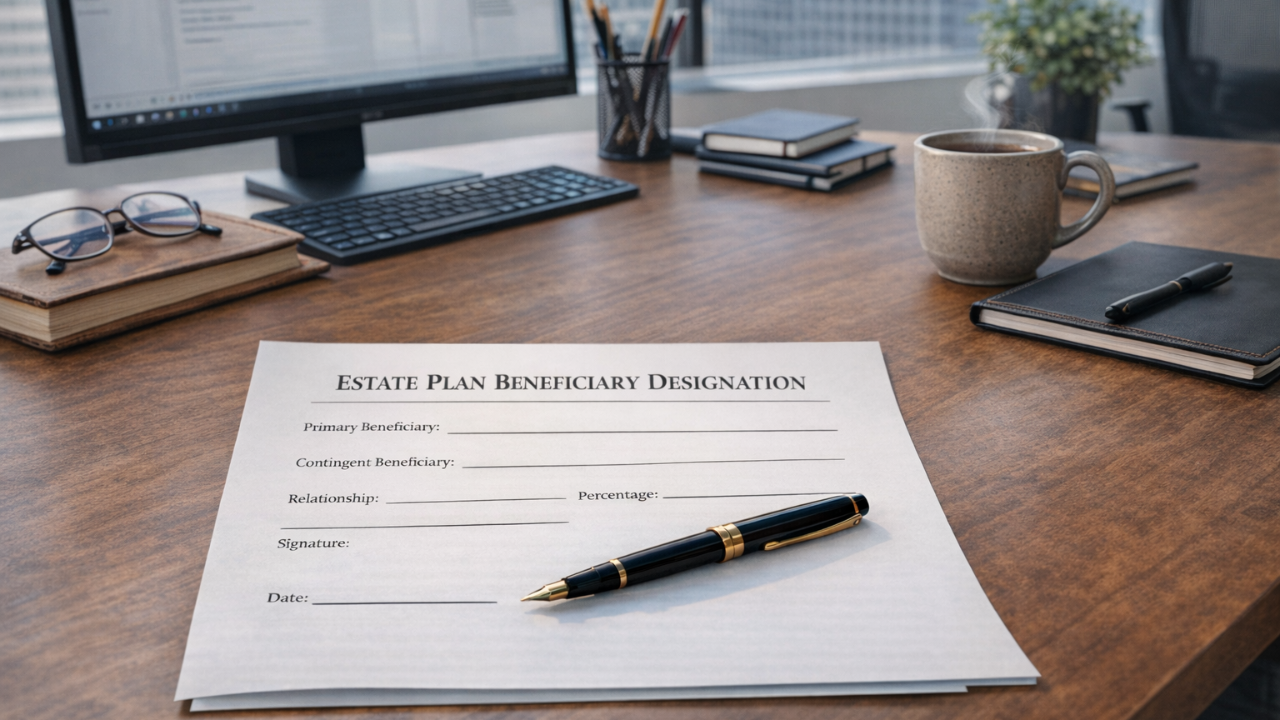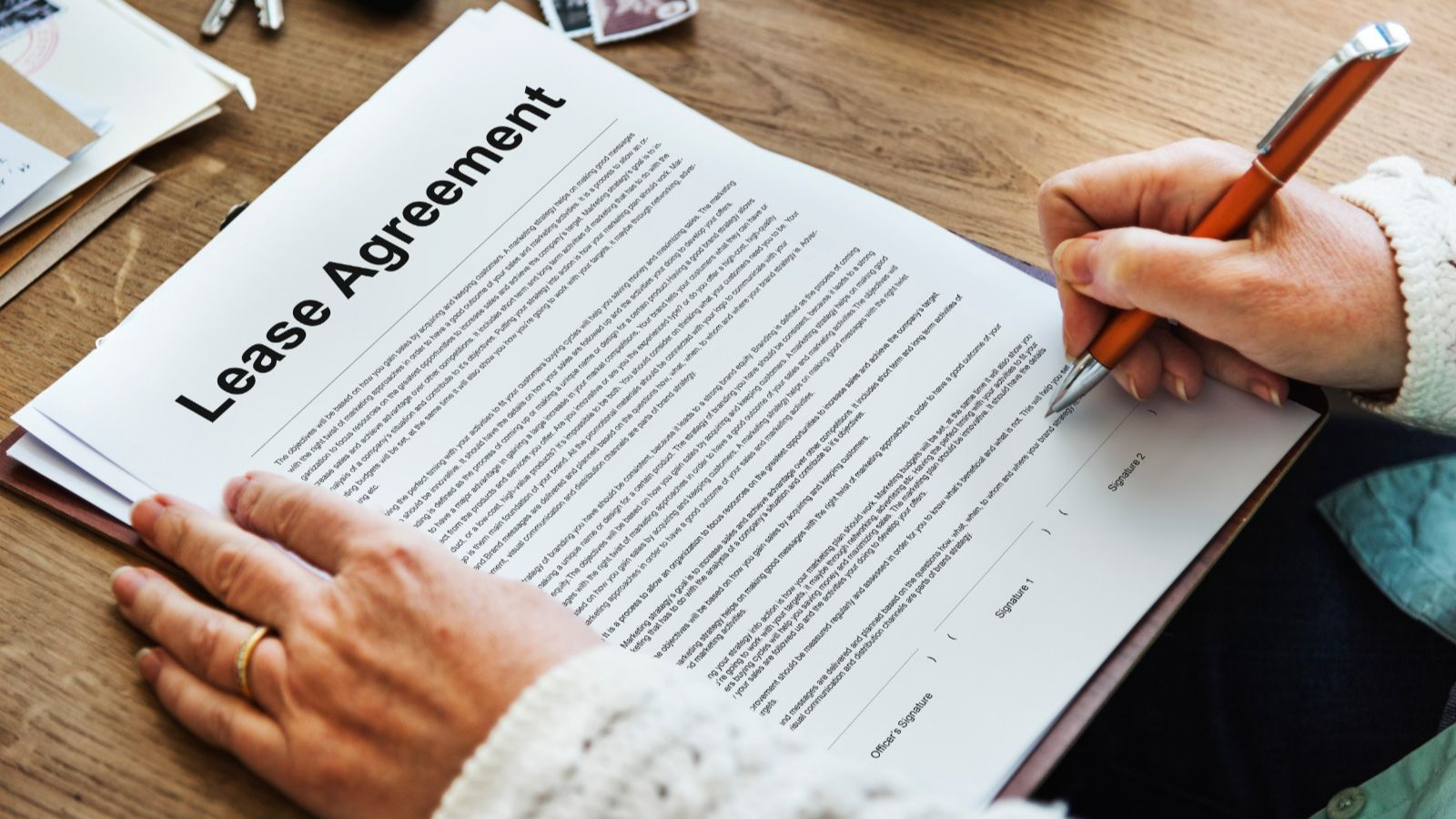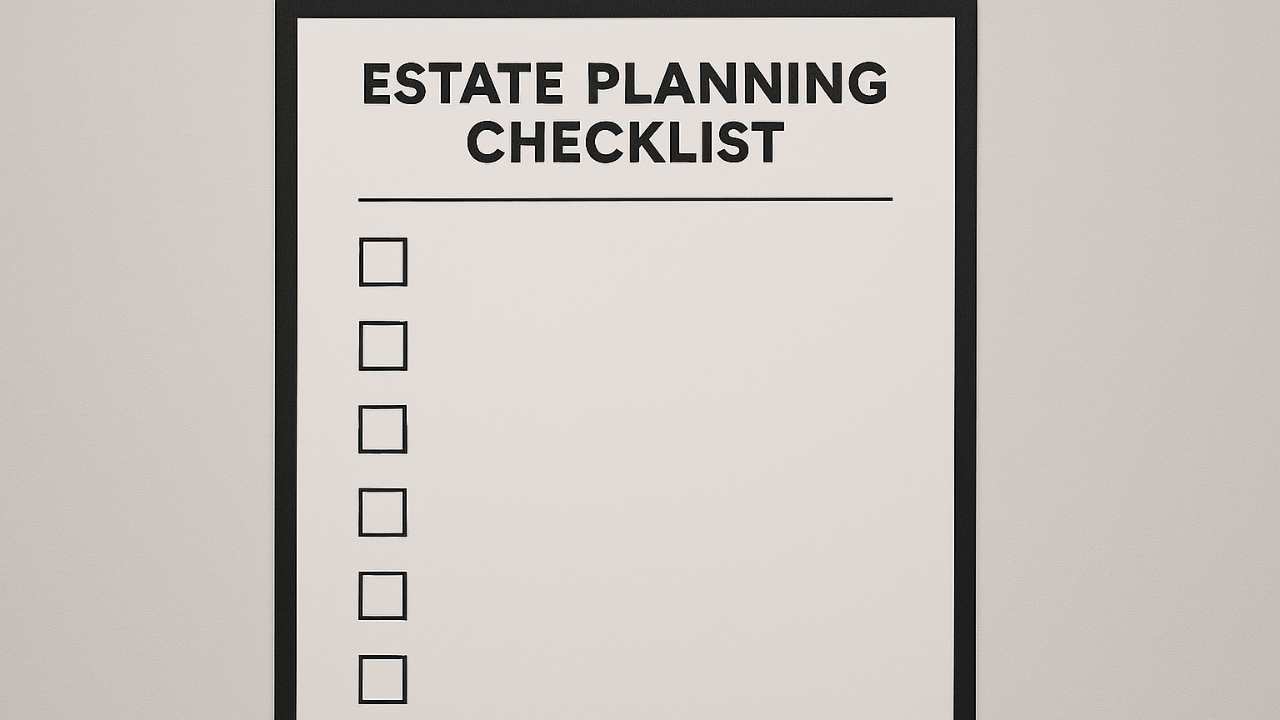What Happens if You Forget to Update Your Beneficiary?

Life changes fast. Marriages, divorces, new children, career shifts, and losses all affect how we plan for the future. One detail that often gets overlooked during these transitions is updating beneficiary designations. It may seem minor, but forgetting to update a beneficiary can lead to serious financial and emotional consequences.
What Is a Beneficiary and Where It Applies
A beneficiary is the person or entity you name to receive assets after your death. Beneficiaries are commonly assigned on life insurance policies, retirement accounts like 401(k)s and IRAs, pensions, payable-on-death bank accounts, and investment accounts.
These designations are powerful. In most cases, beneficiary forms override what is written in a will. That means even a carefully drafted estate plan can be undone by an outdated beneficiary designation.
What Happens When Beneficiaries Are Outdated
If you forget to update your beneficiary, the asset typically goes to the person listed on the account, regard...
Home Inspection Contingencies: What They Really Mean

Buying a home often comes with a long list of paperwork, and one of the most important items is the home inspection contingency. While it can sound technical or intimidating, this clause plays a key role in protecting buyers and setting expectations for sellers. Understanding what it really means can help both sides navigate the transaction with fewer surprises.
What Is a Home Inspection Contingency?
A home inspection contingency is a clause in a purchase agreement that allows the buyer to have the property professionally inspected within a specific timeframe. If the inspection reveals issues the buyer finds unacceptable, this contingency gives them options. They can request repairs, ask for a price adjustment, negotiate credits, or, in some cases, walk away from the deal without losing their earnest money.
This contingency is not about finding a “perfect” home. It is about understanding the condition of the property before fully committing to the purchase.
What the Inspection Typi...
Commercial Lease Terms Every Landlord and Tenant Should Know Before Signing

A commercial lease is more than a monthly rent agreement. It sets the rules for how a business operates in a space, how costs are shared, and what happens when circumstances change. Whether you are a landlord or a tenant, understanding key commercial lease terms before signing can prevent misunderstandings, protect your investment, and avoid costly disputes down the road.
Lease Structure and Rent Type
One of the first things to understand is the lease structure. Commercial leases commonly fall into three categories: gross leases, net leases, and modified gross leases. In a gross lease, the tenant pays a flat rent while the landlord covers most operating expenses. Net leases shift some or all of those expenses, such as property taxes, insurance, and maintenance, to the tenant. Modified gross leases fall somewhere in between.
Knowing exactly which costs are included in rent and which are not is essential for accurate budgeting on both sides.
Lease Term and Renewal Options
The lease ...
Option Agreements in Commercial Real Estate: How They Work and When They Make Sense

In commercial real estate, timing and flexibility often matter just as much as price. That’s where option agreements come in. An option agreement gives a potential buyer the exclusive right, but not the obligation, to purchase a property within a specific time frame. For investors, developers, and landowners, this tool can create opportunities while managing risk, if everyone understands how it works.
What Is an Option Agreement?
An option agreement is a legal contract between a property owner and a potential buyer. The owner agrees to hold the property for a set period, during which the buyer can decide whether to move forward with the purchase. In exchange, the buyer typically pays an option fee. This fee is often non-refundable and may or may not be credited toward the purchase price if the deal closes.
Unlike a standard purchase agreement, an option does not force the buyer to buy. It simply reserves the right to do so under agreed-upon terms.
Key Components of an Option Agreem...
What Happens When Heirs Don’t Want the Business?

For many business owners, the assumption is simple: one day, the business will be passed down to the next generation. In reality, that plan does not always line up with what heirs actually want. Children may have different careers, different interests, or different ideas about work and lifestyle. When heirs do not want the business, it can feel personal, disappointing, or even frightening. But it does not have to mean the end of your legacy.
This Situation Is More Common Than You Think
Modern careers look very different than they did a generation ago. Many heirs have built lives outside the family business long before succession conversations begin. Some may not feel prepared to run a company. Others simply do not want the responsibility, risk, or time commitment.
Recognizing this early is a gift, not a failure. It gives business owners more control and better options than discovering it during a crisis.
The Risks of Ignoring the Reality
When owners assume heirs will “figure it ou...
When Should You Start Planning for Business Succession?

Business succession planning is one of those topics many owners know they should think about, but often push aside. It feels distant, uncomfortable, or unnecessary when the business is running well. The truth is, the best time to plan for succession is much earlier than most people expect. Waiting too long can limit options, create stress for family or partners, and put the business you worked hard to build at risk.
The Short Answer: Earlier Than You Think
Ideally, succession planning should begin as soon as your business becomes stable and profitable. This does not mean you are preparing to leave tomorrow. It means you are thinking ahead and putting guardrails in place. Many experts suggest starting at least five to ten years before you expect to step away. That timeline gives you flexibility, room to adjust, and time to develop the next generation of leadership.
Unexpected events do not follow a schedule. Health issues, economic shifts, or personal changes can force decisions quic...
What Buyers Should Know Before Signing a Residential Real Estate Contract

Buying a home is exciting, but the contract you sign carries long-term legal and financial consequences. Before putting your name on a residential real estate agreement, it’s important to understand what you’re committing to and where you still have room to protect yourself. A few careful reviews upfront can prevent expensive surprises later.
Understand the Purchase Price and Payment Terms
The purchase price may seem straightforward, but buyers should also review how and when payments are due. This includes the earnest money deposit, down payment, and final payment at closing. Make sure the amounts and deadlines align with your financing plan.
Pay close attention to what happens if deadlines are missed. Some contracts allow extensions, while others may put your deposit at risk. Knowing these terms helps you avoid accidental breaches.
Review Contingencies Carefully
Contingencies are your safety net. Common ones include financing, home inspection, appraisal, and sale-of-current-home...
Reducing Workers’ Compensation Risk Through Strong Workplace Policies

Workers’ compensation claims can be costly, disruptive, and stressful for both employees and employers. While accidents can never be eliminated entirely, many workplace injuries are preventable. One of the most effective ways to reduce workers’ compensation risk is by establishing strong, practical workplace policies that prioritize safety, clarity, and accountability.
Why Workplace Policies Matter
Workplace policies set expectations. They outline how work should be performed, what safety standards must be followed, and how issues should be reported. When policies are clear and consistently enforced, employees are more likely to act safely and responsibly. This reduces the likelihood of accidents that lead to workers’ compensation claims.
Strong policies also demonstrate that an employer takes safety seriously. In the event of a claim, documented procedures and training records can help show that reasonable steps were taken to protect employees.
Creating a Culture of Safety

Effe...
Top 5 Legal Pitfalls to Avoid When Purchasing Commercial Property

Buying commercial property can open the door to long-term income, business expansion, or investment growth—but it also comes with legal risks that can derail even the best-planned deal. Whether you’re a first-time investor or adding to an established portfolio, understanding the most common legal pitfalls helps you protect your money and avoid unpleasant surprises. Here are the top issues to watch out for before signing anything.
1. Skipping a Thorough Title Review
A clean title is the foundation of a safe purchase. If you don’t dig into the property’s history, you might inherit hidden problems like unpaid liens, boundary disputes, easements, or ownership challenges. These issues can slow down development or even spark expensive lawsuits later. Always work with a qualified title company or real estate attorney to run a complete title search—and make sure title insurance is part of your closing package.
2. Overlooking Zoning and Land-Use Restrictions

Just because a building looks ...
2026 Estate Planning Checklist: Start the Year Prepared

Starting a new year always brings a sense of possibility, and one of the smartest ways to set yourself up for stability is by getting your estate plan in order. It’s not just for the wealthy or older adults—anyone with assets, responsibilities, or people who rely on them benefits from a clear, well-built plan. Here’s a practical checklist to help you walk into 2026 feeling ready, protected, and organized.
Review and Update Your Will
If it’s been more than a year since you last looked at your will, now’s a great time to revisit it. Life moves fast—maybe you bought property, welcomed a child, or made major career changes. Your will should reflect what your life looks like today, not three years ago. Make sure your beneficiaries, executors, and instructions still match your goals.
Read more: Things to Consider When Updating Your Estate Plan
Revisit Your Beneficiary Designations
Some of your most important assets—like life insurance policies, retirement accounts, and bank accounts—use...